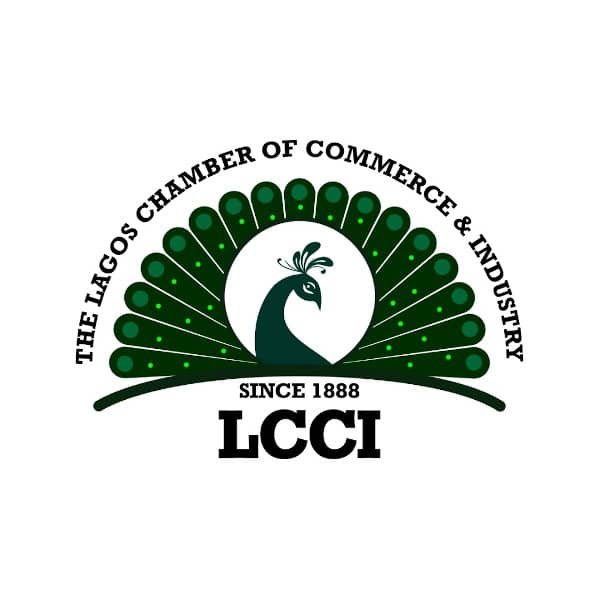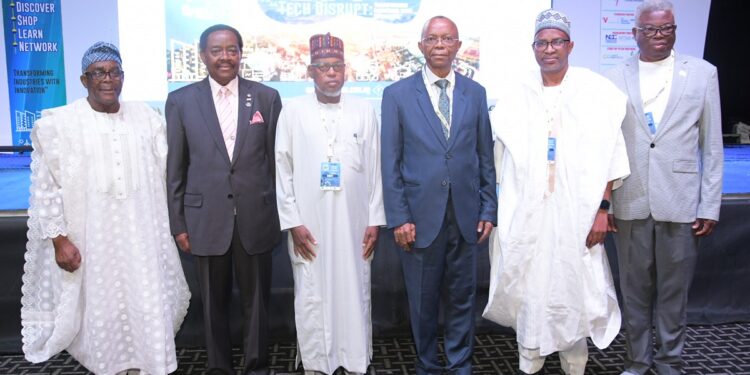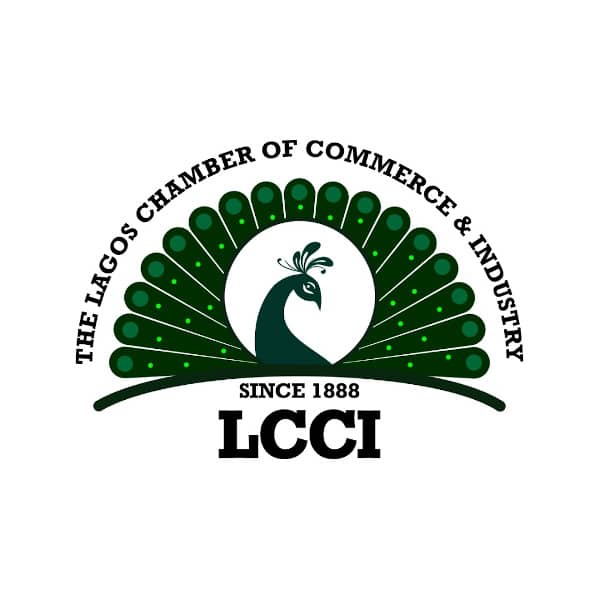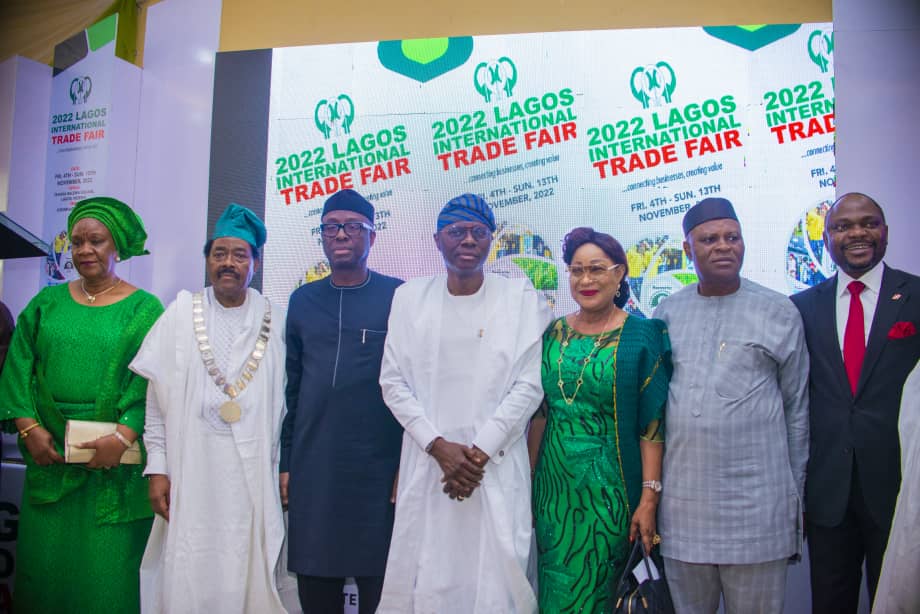Business
The Nigerian Economy At 62: The Need For Big Decisions – LCCI
The Lagos Chamber of Commerce and Industry ( LCCI) released a statement on the state of Nigeria economy as the nation marks her 62nd independence today, saying Nigeria needs to take big decisions.
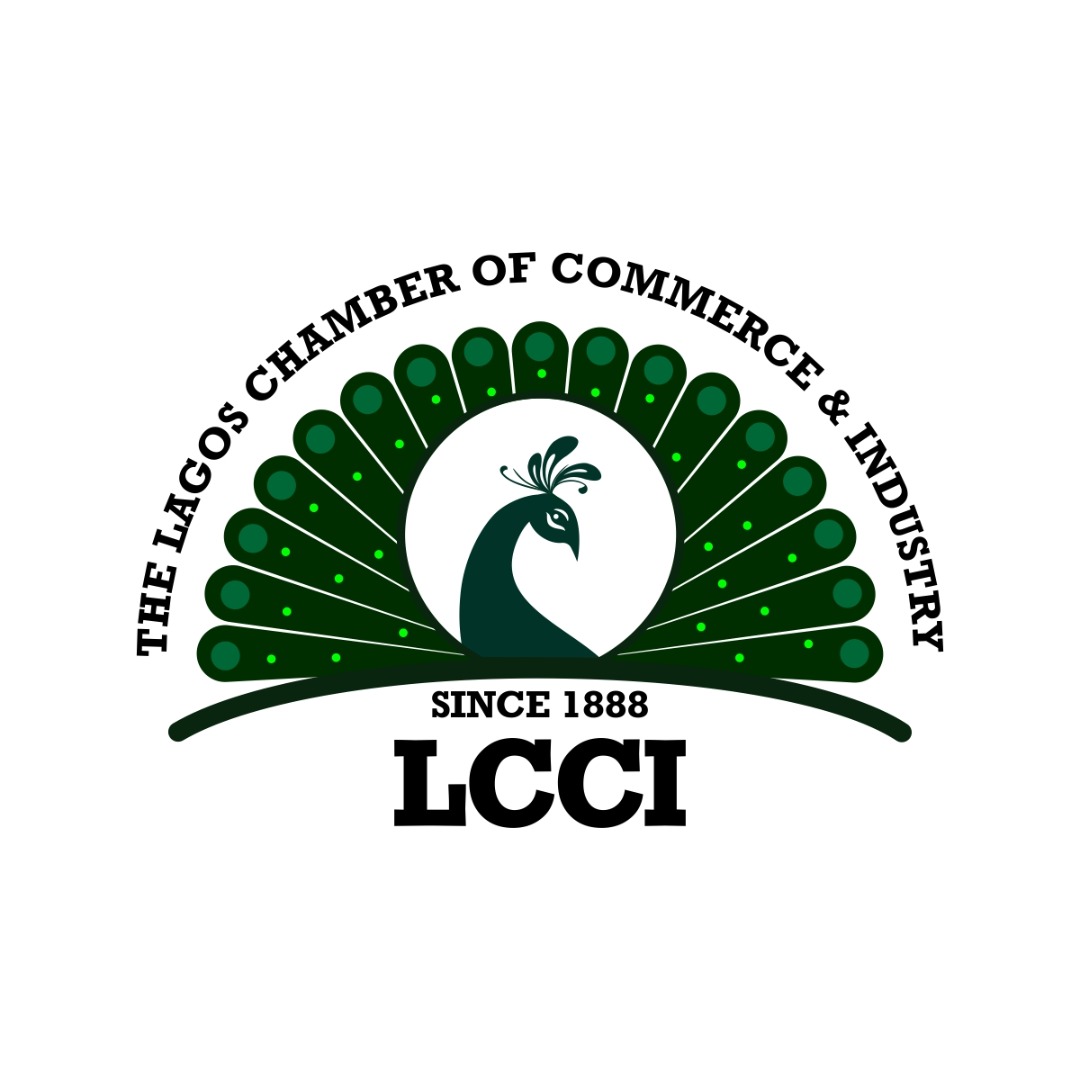
The Lagos Chamber of Commerce and Industry ( LCCI) released a statement on the state of Nigeria economy as the nation marks her 62nd independence today, saying Nigeria needs to take big decisions.
Below is the full statement reproduced.
In the last 62 years, the Nigerian economy has performed along the line of what policy mix used to drive the economy. Our economy has significantly transformed from a largely independent agrarian economy to a net importer of finished goods. The economy is now financed mainly by oil revenue, which has exposed the economy to the effects of external shocks. The Chamber is delighted to join all Nigerians to manifest the 1 October spirit as we celebrate our nation’s 62nd anniversary.
After independence, Nigeria witnessed a rebirth in 1999, twenty-three years ago, with the return to democratic administration after a protracted military rule. The Nigerian nation has survived threats of a civil war recurrence and has remained a united nation with the hope of a return to greater glory. The 23 years of uninterrupted democracy in Nigeria has earned the country enormous goodwill as one of the few stable democracies in Africa.
However, the Chamber wishes to highlight that core democratic values and ideals need to be given more state attention to have firmer roots, especially in the following respects:
- Transparency in the management of public finance
- The rule of law
- Separation of powers and the inherent checks and balances.
- Quality and independence of democratic institutions – Electoral bodies, Law Enforcement Agencies, Judiciary, etc
- Citizen engagement in the democratic process.
- The practice of true Federalism
The LCCI recognizes that Nigerian democracy is still a work in progress. However, as in many advanced democracies, it is crucial to recognize the importance of these democratic ideals to sustain our democracy and ensure the advancement of the common good for all citizens. And very recently, a mixed colouration of insecurity, border clashes, herdsmen/farmers clashes, banditry, kidnapping, and social unrest have all emerged as critical threats to our national life. And as we prepare for the general elections next year, we call on the Federal Government to ensure a free and fair exercise solely driven by sound electoral laws and governance.
ECONOMIC PERFORMANCE
The economic growth trend, measured by the Gross Domestic Product (GDP) performance, has generally been positive over the last two decades, except for recent challenges posed by debt crises, inflation risks, insecurity, and FOREX illiquidity. There is an urgent need to address the weak government revenue base caused by oil theft and pipeline vandalism, rising and unsustainable debt profile, over-dependence on oil revenue, exposure to foreign shocks through inadequate forex supply, double-digit inflation, etc.
The growth of the telecommunications sector stands out as one of the most resilient sectors in the last year. Many sectors have leveraged telecom’s innovative possibilities to make significant progress through ICT, especially in the services sector. Today, we have tech-enabled platforms supporting healthcare delivery, agriculture, education, transport, etc. The Government should commit to supporting this sector’s growth and strive to create an enabling regulatory environment.
The financial services sector has been significantly transformed since independence through leveraging technology to enhance service delivery. The sophistication of the industry can compare with its counterparts even in advanced economies. However, the financial intermediation role of the banking system is still below expectation. It still has some weak linkages with many other sectors of the economy, which has constrained the sector’s impact on the economy from a systemic perspective.
The quality of the business environment remains a concern to investors, especially in the real sector. Weak infrastructure, uncertain policy environment, and institutions have continued to adversely affect the efficiency, productivity, and competitiveness of many enterprises in the economy. These conditions pose a major risk to job creation and economic inclusion across sectors.
The Gross Domestic Product (GDP) grew in 2022Q2 by 3.54% year-on-year in real terms, making it the seventh quarter of positive growth. The oil sector has consistently recorded negative growth for the ninth consecutive quarter, contracting again by -11.8% y/y in Q2 2022 following a higher contraction of -26% y/y in Q1. If oil revenue makes up more than 80 percent of government revenue, we expect the Government to tackle the menace of oil theft and pipeline vandalism with sterner approach.
The non-oil sector grew by 4.8% y/y in Q2 ’22 against 6.1% y/y in Q1 ’22. Key drivers within the non-oil economy include transportation and storage (51.7% y/y), finance and insurance (18.5% y/y), telecommunications (7.7% y/y), trade (4.5% y/y), real estate (4.4% y/y), construction (4.0% y/y), manufacturing (3% y/y), and agriculture (1.2% y/y). Combined, these sectors accounted for 78.3% of total GDP in Q2. We urge the Government to continue with the non-oil campaigns and interventions to sustain the targeted financing towards boosting non-oil export for enhanced foreign exchange earnings.
The growth of 1.2% recorded for agriculture and the 3% for manufacturing are comparatively low when compared with other sectors that grew at above 5%. This is also indicative of the threats facing these sectors that power Nigeria’s real sector. The woes in these two sectors are responsible for the frightening rise in our inflation rate. And with the excruciating burden from debt service, subsidy payments, and worsening insecurity, many more production activities may be constrained in the coming months.
The Federal Government needs to sustain its targeted interventions in selected critical sectors like agriculture, manufacturing, export infrastructure, tackling insecurity, and free up more money from subsidy payments. We urge the Government to tackle oil theft to earn more foreign exchange, borrow from cheaper sources to reduce the burden of debt servicing, and take a decisive step towards removing fuel subsidies.
CHALLENGES IN THE BUSINESS ENVIRONMENT
Power Situation
Poor power supply remains a major burden on businesses. It is one area in which the trend since independence has been that of progressive decline. Power supply has consistently lagged behind the pace of economic activities and population growth. This development impacted negatively on investment over the past few years with increased expenditure on diesel and petrol by enterprises. This also comes with the consequences of declining productivity and competitiveness. With the frequent collapses recorded by the national grid, we can no longer rely on a centralized power source. The way to go is renewable energy and decentralizing the national grid.
Insecurity
The security situation in the country deteriorated in the last year, assuming a very worrisome dimension. This has impacted investment inflow and worsened the country’s perception and image by the global investing community. Access to markets in the troubled parts of the country has been reduced for many enterprises, with negative consequences for investors’ confidence. Agricultural production bases have been negatively impacted, leading to food scarcity and rising food inflation.
REAL SECTOR
Over the last few decades, the challenges of production in the economy have grown progressively largely because of the quality of infrastructure, which is why the risk of industrial investment is high and continues to increase. The various policy interventions have not had the desired impact on the sector. Unless there is effective and sustained protection and support for the sector, and a dramatic improvement in infrastructure, the outlook for the sector will remain gloomy, particularly for the small-scale industries. Most SMEs are constrained due to the rising cost of production.
It is impossible to have a vibrant manufacturing sector in the face of cheap imports into the country and high production and operating cost in the domestic economy. Some of these imports are landing at 50% of the cost of products produced locally. Besides, manufacturers have to worry about high energy costs; they have to worry about high-interest rates – 25% and above; they have to worry about a multitude of regulatory agencies making different demands on them; they have to worry about massive smuggling and under-invoicing of imports, they worry about trade facilitation issues at the seaports and many more. For most manufacturing SMEs, it is a nightmare. Yet production is critical to enduring economic and social stability.
The way forward is to address the fundamental constraints to manufacturing competitiveness in the Nigerian economy. In reality, job losses in the sector have increased over the decades as productivity declined on the back of the difficult operating environment.
Our nation is at a cross-road and in dire need of big decisions to drive the drastic transformation the economy requires to return to economic prosperity.
Our nation, Nigeria, has come a long way and is too big to fail.
The Chamber wishes the Government and people of Nigeria a happy 62nd Independence anniversary celebration.
DR. CHINYERE ALMONA, FCA
DIRECTOR GENERAL
THE LAGOS CHAMBER OF COMMERCE AND INDUSTRY
1ST OCTOBER 2022


